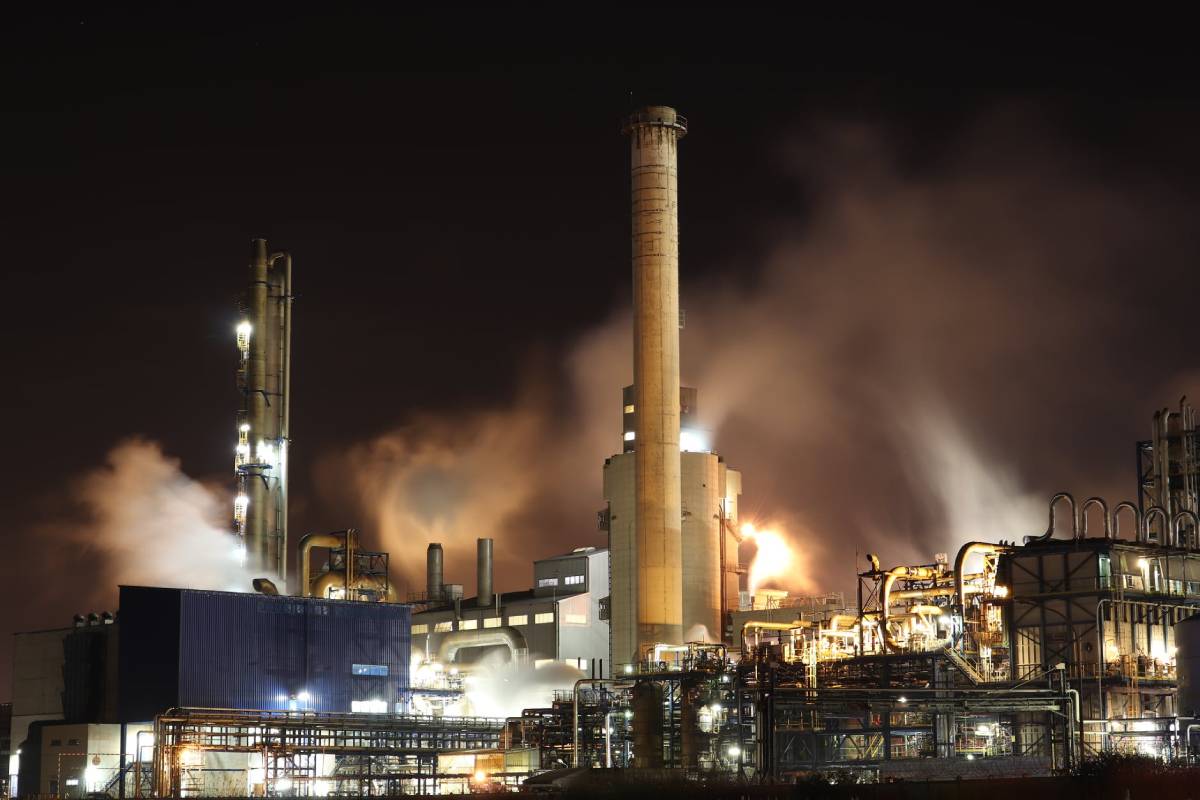History of the Petroleum, Oil and Gas

Table of Contents
What exactly is Oil?
Almost every day, we hear about it in the news. People worldwide are concerned about the price of oil; countries that may be at war try to cut off their opponents’ supply of oil; governments like Canada and the United States are anxious about getting a secure supply of oil. Why does oil seem to be preoccupying the entire world? What distinguishes oil from other commodities traded on the global market, such as wheat, fish, paper, and steel, all of which are essential in our everyday lives?
About Terminology
We frequently hear phrases like oil, petroleum, natural gas, hydrocarbons, and crude. If we want to learn about the oil sector, we must first understand the “jargon.” Although there is a glossary in Appendix I, it will be helpful to introduce you to some of the main terminologies.
Oils come in a variety of forms. We have “oils” for cooking and tanning in the sun. Some of these oils come from plants (vegetable oil, for example) and animals (cod liver oil). The oil we’re talking about extract from the Earth’s rocks. It’s known as petroleum, which comes from the Latin phrase for “rock oil.”
Hydrocarbons can be combined in a variety of ways to create a wide range of chemicals. They can ignite solids like asphalt for road paving, liquids like ordinary liquid petroleum, and gases like natural gas (not to be confused with gasoline). At average temperature and pressure, natural gas is a combination of hydrocarbons in a gaseous state.
Ethane, propane, butane, and pentane, the most straightforward and lightest hydrocarbons, make up most of them. Differences in the amount and arrangement of hydrogen and carbon atoms in hydrocarbon molecules determine their varied characteristics. Because carbon is substantially heavier than hydrogen, the quantity of carbon atoms in a hydrocarbon molecule determines the molecule’s weight.
Natural gas molecules would only have a few carbon atoms per molecule, whereas heavier petroleum compounds like tar or asphalt may have numerous. Specific contaminants, such as nitrogen, sulphur, and oxygen, may concentrate on fat. The world crude oil refers to oil in its “raw” or unrefined state, i.e., oil straight from the ground. Before a consumer may use crude oil, it must be delivered to a refinery and split into constituents such as gasoline, aviation fuel, fuel oil, etc.
What is the Significance of oil in Today’s World?
This question may already be evident to you, but consider how essential oil is in your everyday life. An oil-burning power plant may have generated the power you used to cook breakfast this morning, or perhaps your family uses a natural gas-burning burner. Because of the oil-burning furnace in your basement, you were able to have breakfast in warmth and comfort.
An Energy Source
Oil’s major significance stems from its versatility and strength as an energy source. We regularly employ various alternative energy sources, such as firewood, coal, hydroelectric, and nuclear power plants. Each of these sources has its own set of benefits and drawbacks. The most desired energy source would undoubtedly be one that is clean and renewable.
Oil is a nonrenewable energy source. This means that our natural oil reserves are limited, and we will eventually deplete them. After this chapter, one of the activities will require you to determine how long our current known oil supply will last at current consumption rates.
The importance of oil stems from the fact that it is the fuel that powers internal combustion engines. In 1885-86, Karl Benz created the internal combustion engine. Gotlieb Daimler refined the design, while Rudolph Diesel invented the machine that bears his name eight years later. Automobiles, ships, tractors, generators, and tanks still utilize these engines today. Oil is also the primary source of fuel for jet engines and, in certain circumstances, rocket engines that launch spacecraft into orbit.
It should now be apparent why oil is so essential in today’s globe. Oil’s primary significance stems from the fact that it powers our industrialized society’s machinery. Cars, boats, and planes would all come to a standstill if oil supplies were shut off. We’d have to come up with new ways to heat many of our houses and generate enough electricity. Because our military and police forces would mostly paralyze, our security would jeopardize.
Will Society Remain Reliant on Oil Indefinitely?
Oil will continue to play a vital part in our lives as long as we rely on it to power the world’s engines. However, several countries are researching to develop new ways to harness energy. Perhaps, in the future, our automobiles will be powered by electricity and operate on batteries that must refill every few hundred kilometres. Maybe the storms will take energy from the sun and replenish it while we travel.
However, one thing is sure: air pollution caused by the combustion of fossil fuels such as petroleum and coal is causing rising worry among Earth’s people. As a result, one of humanity’s most pressing issues is to find a nonpolluting alternative energy source.
Related Search:
Petroleum products
Petroleum uses
History of petroleum
History of petroleum
How is petroleum formed
Types of petroleum
Formation of petroleum

